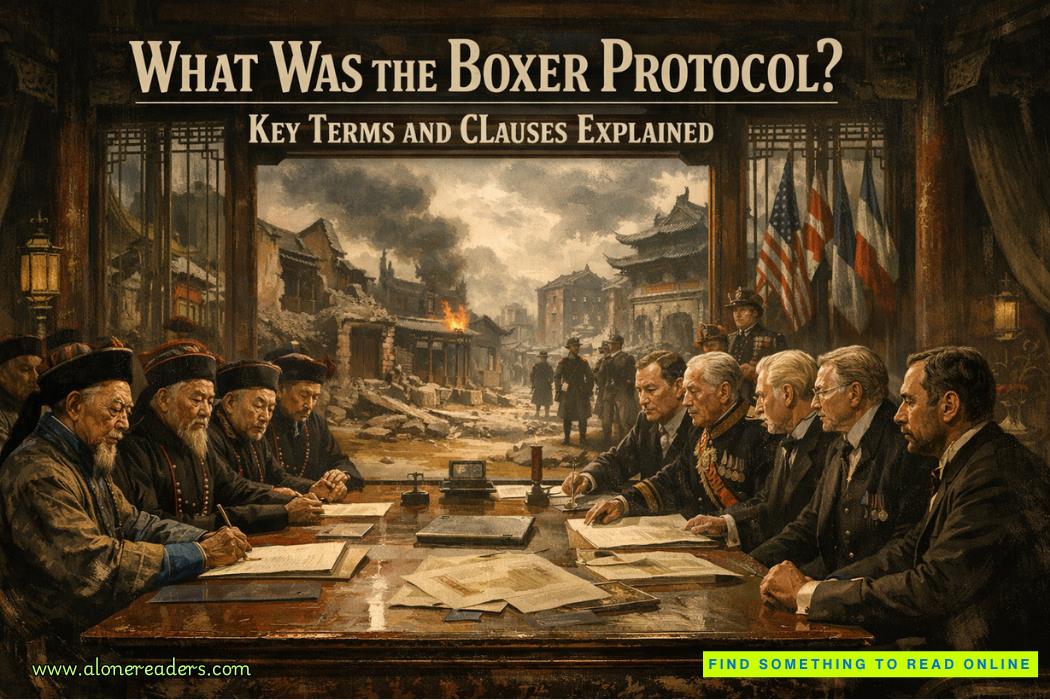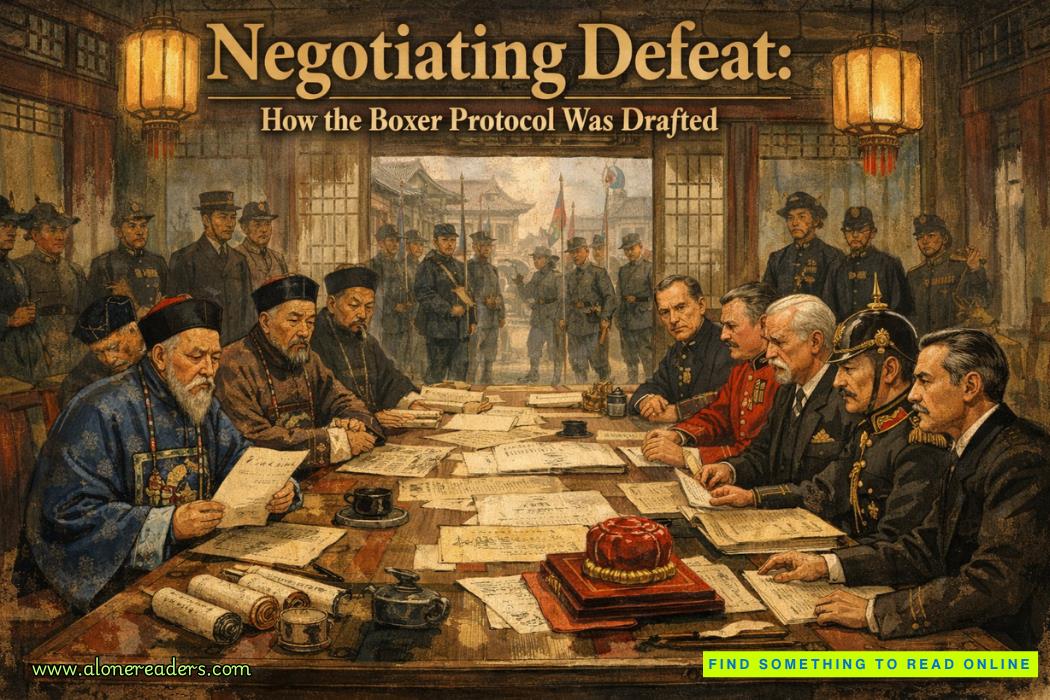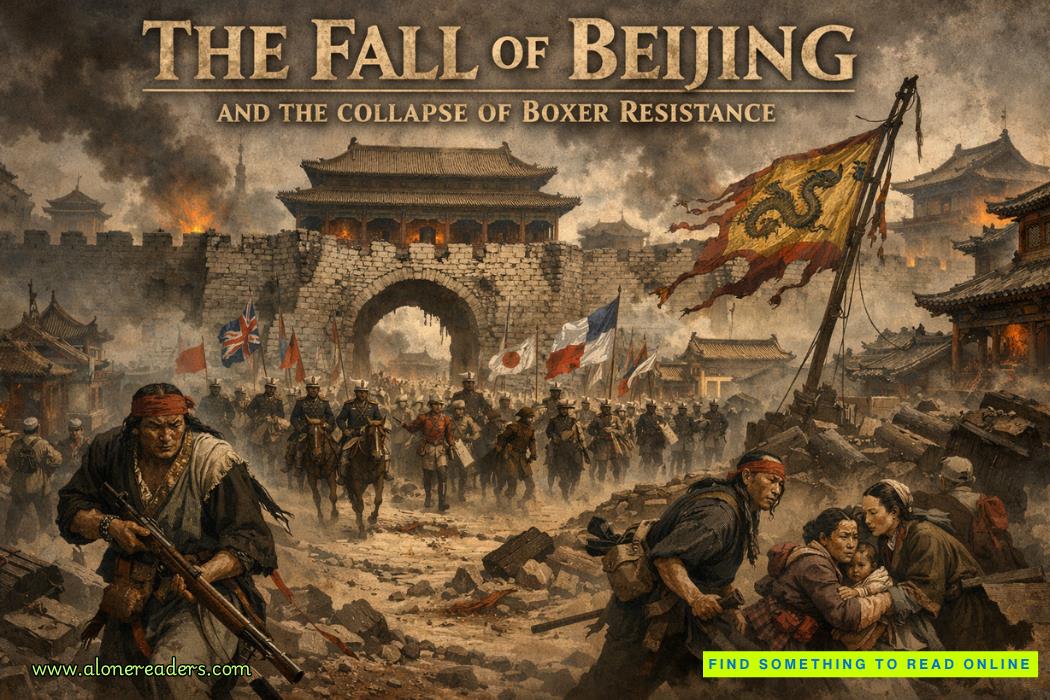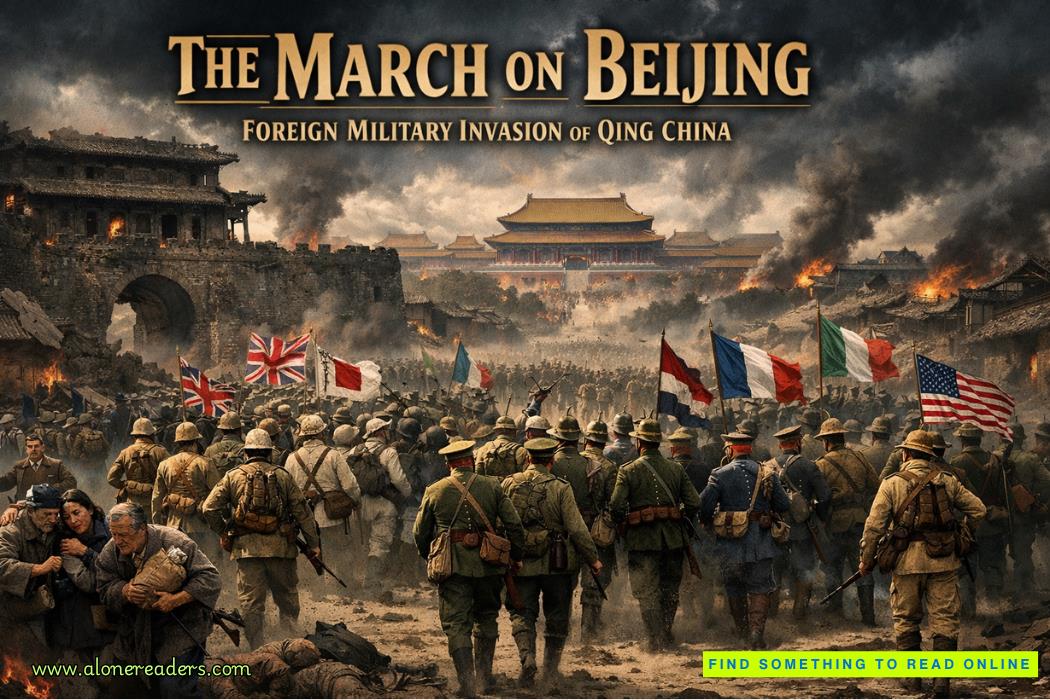“No trouble at all, my lord. You mentioned the tea was at two. I’ll have the tin ready for you.”
“Thank you, Harlow,” William said, his voice full of gratitude.
“You are most welcome, my lord.” With a swift bow, Harlow left the room.
A few minutes later, William finished reading the letter from Dorman and, setting it down on his desk, leaned back in his chair. Dorman had written to say their visit would possibly be delayed by a week or two.
It would be good to see the duke and duchess again. William hadn’t realized how much he enjoyed social activities with friends until he left London for Kent. He was staying busy, and normally, he enjoyed the solitude to focus on his work, but the isolation of Dover had begun to wear on him.
Until yesterday. Meeting the lovely Lady Bella Connolly—despite the foul weather that rolled in the moment he’d returned home—had made his day. She had made an impression on him—so much so that he found himself thinking of her every spare moment. He needed to stop doing so. He wasn’t looking for a relationship—there wasn’t time for that. He needed to get Michael settled.
There was too much to do and no time for love or romantic entanglements—at least, not now.
His lips twitched with amusement as he recalled Lucas’s remark when he’d casually mentioned Harriett’s help with decorating. Dorman had chuckled and suggested that William ought to find a wife of his own.
He had brushed off the comment at the time, but deep down, he couldn’t ignore the quiet pang of envy at the closeness Harriett and Lucas shared. Of course, he wanted that kind of love— one day.
But not now.
His internal reasoning should have settled the matter. However, it didn’t. His mind wandered back to yesterday… to Bella… Her lush curves and her beautiful golden hair. Her captivating jasmine scent.
Focus, man! Stop thinking about that pretty girl. You have a hundred and one things to do.
He’d been anxious about his arrival. He was relieved that his London staff had willingly agreed to accompany him. They’d left a skeleton staff in London—just a handful of trusted individuals to oversee the townhouse and ensure everything ran smoothly in his absence. It wasn’t a question of financial consideration; his cousin had amassed a considerable fortune, and William could easily afford more help. Instead, his decision stemmed from the immediacy of the current situation, requiringa full complement of staff at the country house instead of the city residence.
In the drawing room, Mr. Harlow and Mrs. Aberdeen had already begun interviewing additional personnel for the Kent home. They had begun assessing candidates to fill roles from kitchen staff to groundskeepers, aiming to create a cohesive team that would ensure the house was both welcoming and efficiently managed. Time was of the essence, and William knew that securing the right staff was crucial. He was very appreciative to have a butler of Mr. Harlow’s temperament and background, as well as his housekeeper, Mrs. Aberdeen.
A tap sounded and Harlow stepped into the room.
“My lord, the kitchen staff found this lovely tin for the lemon bars,” he said, presenting a tastefully decorated tin.
“Perfect,” William said.
“Very good, my lord. I shall make sure you have it when you are ready to leave.”
“By the way, Harlow,” William said, “the Duke and Duchess of Dorman plan to visit in two weeks. Her Grace has agreed to help us with refurbishing the manor. Ask Mrs. Aberdeen to have the nursery readied, in case they bring the children and their governess.”
“I’ll inform Mrs. Aberdeen, your lordship. And may I add, you’ve made an excellent choice? The duchess has already earned a remarkable reputation among thetonfor her decorating talent.”
“Thank you for that, too. I’m new to this, as you know. I appreciate any thoughts or insight you can provide.”
Harlow acknowledged the compliment with a nod and a bow before he left.
Since he still had a few hours before he needed to be at Lady Connolly’s for tea, William decided to investigate the area where he had found the iron trap. It could have seriouslymaimed an animal—or a person, for that matter. He wanted to know what it was doing on his property. Nothing in his late cousin’s papers mentioned trapping or providing permission to trappers.
As odd as it seemed to him, the former viscount had been generous to several animal charities—based on his ledgers. So, it was strange that he had given to such charities and at the same time approved trapping on his land. The late viscount had had many egregious faults, but cruelty to animals didn’t seem to be among them. One charity was a local farm that took on wounded animals and rehabilitated them. William shook his head when he thought about that.
He’d have to ask Harriett about it when she and Lucas arrived. The duchess could surely shed some light on that. In the meantime, he’d do the best he could to locate who the trapper was, or if there were others. He’d given the trap to his newly hired groundskeeper, who assured him he would find out who had made the trap or where it had been purchased. Like his footman and butler, his groundskeeper worked both for the Crown and William. No one else was aware of the dual employment outside of those four.
A half-hour later, he found Mr. Pickens in the garden. “Were you able to tell anything from the trap?” he asked.
Mr. Pickens stood. “Your lordship. I didn’t identify the person, but I may have found out where they were purchased. The local blacksmith, Mr. Embers. I tried to find him while I was in town, but he was not at the smithy. His wife said he’d gone to a neighboring village for supplies.”
“That’s good information. Do you think he’ll give you the name?” William asked.
“Depends, my lord. I know the smithy. If the person who ordered the traps didn’t want his name given and threatened him to keep that quiet, or wore a disguise, then no.”
“Thank you for looking into it, Pickens. Perhaps I will give the local farrier a visit,” William said. He certainly wasn’t above passing a coin or two to discover the origin of the traps.















